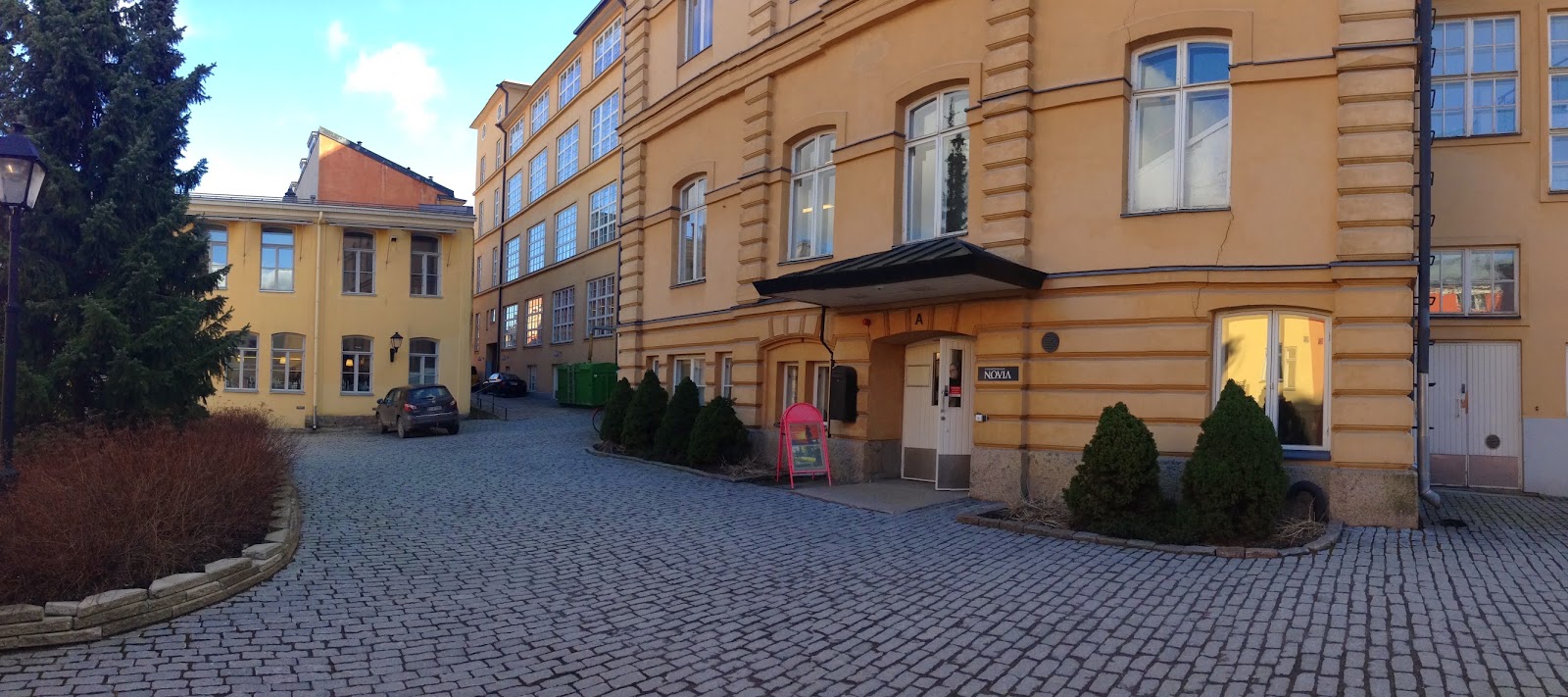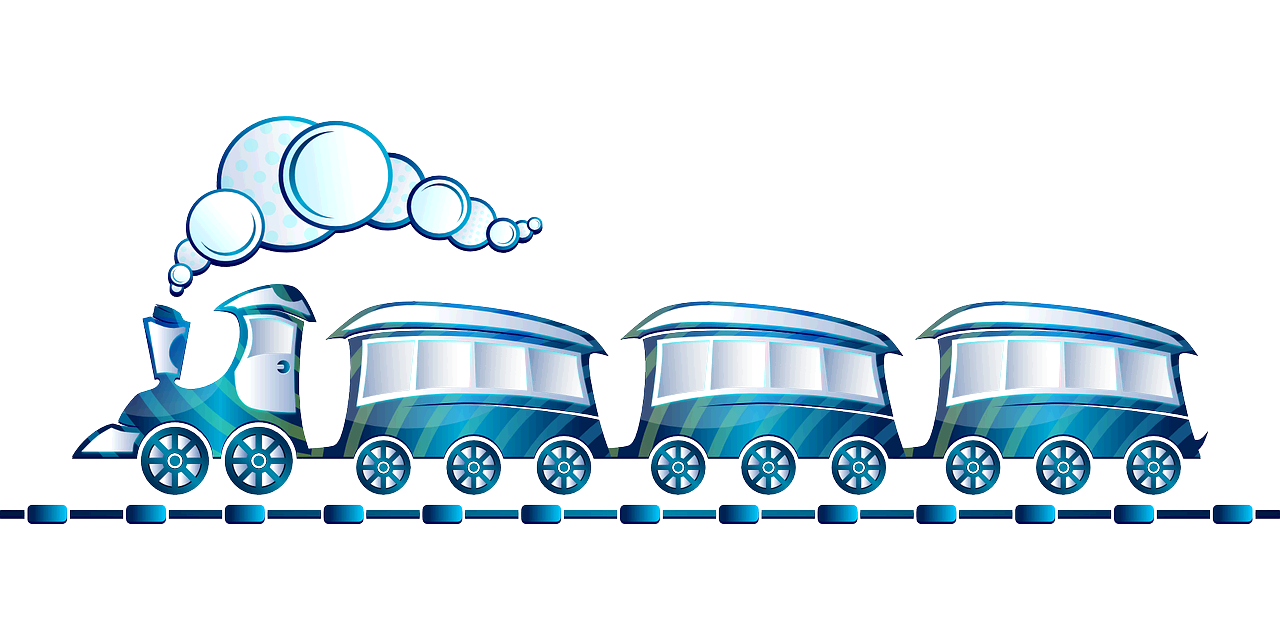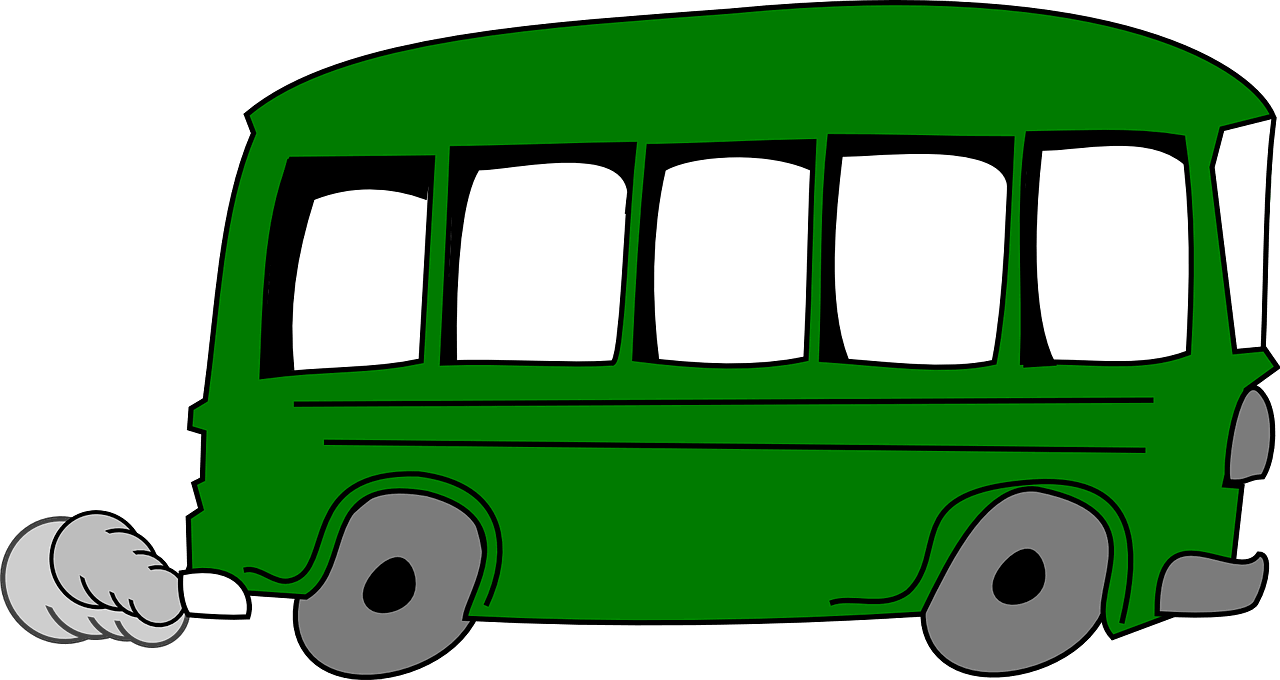 Our home university, the University of Applied Sciences Landshut, is a very beautiful campus located a little bit outside from the city center. The campus has two big buildings with all the classrooms and professors' offices and one of them has a kiosk, where you can buy some food and drinks. Then there is another smaller building with the students canteen, a nice cafe and the library. By the way, the library is open 24 hours :-))) so you have access to books whenever you are in the mood ;-)
Our home university, the University of Applied Sciences Landshut, is a very beautiful campus located a little bit outside from the city center. The campus has two big buildings with all the classrooms and professors' offices and one of them has a kiosk, where you can buy some food and drinks. Then there is another smaller building with the students canteen, a nice cafe and the library. By the way, the library is open 24 hours :-))) so you have access to books whenever you are in the mood ;-)In the university's yard there is a small river, which is the most popular place during summertime - you can enjoy the sun while cooling your feet :-) And if you are lucky, you may also find a free place at one of the red seats.
Behind the university there is a big sports field. Every year the students organization of UNICEF organizes a charity run there combined with a sports events where both - students and professors - are taking part and playing against each other. For those who don't want to be sportingly active, there is also some music, beer, bratwurst and fun watching the matches :-)
 So, now to studying at the UAS Landshut. It is totally different compared to the system of Novia. First of all, the duration of the semesters. The winter semester starts in the beginning of October and lasts until the end of January or beginning of February, depends on the dates of the exams. In between there is a Christmas break of two weeks. The summer semester lasts from mid of March until mid or end of July, also depending on the exam dates. Before every semester, you can check the lectures timetable online. This schedule shows you how your university week will look like and normally it does not really change. All courses mentioned in this schedule last the whole semester and at the end of it you have a final written exam. There are some exceptions, where you don't have to write an exam, instead you might be supposed to prepare a presentation and/or write a report.
So, now to studying at the UAS Landshut. It is totally different compared to the system of Novia. First of all, the duration of the semesters. The winter semester starts in the beginning of October and lasts until the end of January or beginning of February, depends on the dates of the exams. In between there is a Christmas break of two weeks. The summer semester lasts from mid of March until mid or end of July, also depending on the exam dates. Before every semester, you can check the lectures timetable online. This schedule shows you how your university week will look like and normally it does not really change. All courses mentioned in this schedule last the whole semester and at the end of it you have a final written exam. There are some exceptions, where you don't have to write an exam, instead you might be supposed to prepare a presentation and/or write a report. Besides this, in the regular courses there is no compulsory attendance, only in the lectures done by the language center or other expectations. Just so you know :-) But still, I really recommend you to go to the lectures, as it is very helpful to work through the different topics during class and listen to what the professor talks about. Furthermore, you will get some relevant information, which is not mentioned in the script or any book, but still relevant for the exam. It will also save time when preparing for the exams as you have already heard about the different topics during the lectures :-) And as I have already mentioned the scripts, normally all professors support their lectures with scripts, which you can download from moodle. All these things together creates the basis for preparing for the exams. You don't have to have any team meetings or projects for courses. Maybe you have to prepare some homework for some courses, but normally not :-)
Besides this, in the regular courses there is no compulsory attendance, only in the lectures done by the language center or other expectations. Just so you know :-) But still, I really recommend you to go to the lectures, as it is very helpful to work through the different topics during class and listen to what the professor talks about. Furthermore, you will get some relevant information, which is not mentioned in the script or any book, but still relevant for the exam. It will also save time when preparing for the exams as you have already heard about the different topics during the lectures :-) And as I have already mentioned the scripts, normally all professors support their lectures with scripts, which you can download from moodle. All these things together creates the basis for preparing for the exams. You don't have to have any team meetings or projects for courses. Maybe you have to prepare some homework for some courses, but normally not :-)During the breaks or lunchtime you can get food in one of the canteens, which are called "Mensa" in Germany :-) The prices are around 2,60€ for main dishes. You also have the possibility to go to the canteen of the agricultural school, which is located next to the university. The food there is really delicious and also very cheap.
As I have already mentioned, the university is located a little bit outside from the city center, but you can still get to the centre really easy by bus (around 10minutes) or bike (around 20-30minutes). When you live in the student housing you are very lucky, as they are directly on the opposite site of the university. So you can just get up 15minutes before the lecture starts and walk across the street :-)))
Also really favorable is the fact that there is "Gretlmühle" nearby the university. This is a little lake where you can swim, barbecue on the greenfield side or play volleyball. A small kiosk provides food and drinks as well, so there is nearly nothing you could miss there :-)
I hope I could give you the information you were looking for! Look forward to go to Landshut - you will have an amazing time there :-)
See you!
Kathi











